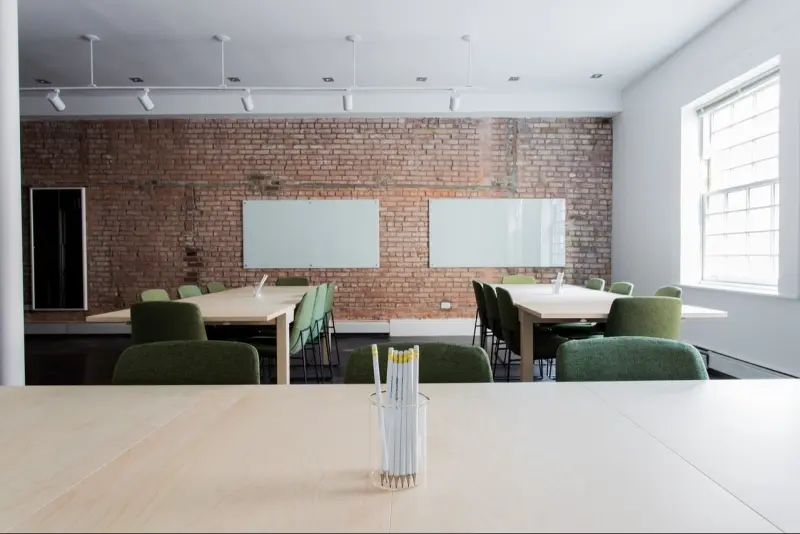
What You Need to Know When Renting Commercial Real Estate
Renting commercial real estate is an important step for a business that requires a careful approach and knowledge of the key aspects of this process. Every enterprise, be it a small business or a large corporation, faces the need to rent office or industrial premises. It is important to correctly assess all the conditions in order to ensure stable business operation and avoid legal or financial risks.
1. Choosing the right premises
The first thing you should pay attention to is the location of the property. For most businesses, be it retail, office work or manufacturing activities, the accessibility of the space for employees and customers plays a key role. It is recommended to choose premises in areas with good transport accessibility, as well as with developed infrastructure. For example, proximity to business districts can be important for office tenants, and for a store - the availability of parking and high traffic.
It is also important to consider the area of the premises. Different types of businesses require different areas, so it is important to determine in advance how much space you need to operate successfully. For example, a store or office will require a certain amount of space to comfortably accommodate furniture and equipment, while a manufacturing company will need a fairly large space with the necessary utilities.
2. Lease Terms
Before signing a lease, carefully read the terms and conditions. Make sure they are transparent and understandable to avoid unexpected expenses or inconveniences in the future. Pay attention to the lease term, as well as the possibility of extending it if your business continues to grow. Some landlords offer flexible terms, including the possibility of reviewing the rent after a certain period of time.
Particular attention should be paid to the amount of rent and possible additional expenses, such as utilities, maintenance, and taxes. It is important to clearly understand what expenses will fall on your shoulders and will not be unexpected during the course of work.
3. Legal and Legal Aspects
When renting commercial real estate, it is necessary to take into account the legal aspects of the transaction. It is important to make sure that the landlord has the right to lease the premises and that the premises are free of any legal encumbrances or debts. When signing a contract, pay attention to the points regarding the responsibilities of the parties, the lease terms, and the terms of termination of the contract.
In case of disputes or claims, it is important to agree in advance on how such issues will be resolved. Legislation may change, so it is important to be prepared to adapt the lease terms if necessary.
4. Technical condition of the premises
Another important point is the technical condition of the rented premises. Before signing a lease, it is recommended to conduct a thorough inspection of the condition of all engineering systems and communications. Recent repairs or the lack of need for capital investment in the premises can significantly affect your business budget.
5. Business opportunities
When renting commercial real estate, it is necessary to consider how the selected premises will contribute to the development of your business. For office premises, such factors as the convenience of employees, the availability of premises for meetings with clients and partners are important, and for stores - the possibility of creating an attractive display space. 6. Possibility of redevelopment and improvements
Sometimes, a successful business requires a custom layout of the premises, especially if it will be used for a specific activity, such as production or trade. Therefore, it is important to discuss the possibility of redevelopment with the landlord in advance, as well as who will bear the costs of making changes. In addition, it is worth considering how changes to the premises will affect the rent or lease term.
7. Permits and licenses
In some cases, especially when renting commercial premises for certain types of activities (for example, restaurant business, medical services, etc.), it is necessary to obtain additional permits or licenses. Before entering into a lease agreement, make sure that the premises are suitable for your activities in terms of sanitary standards, fire safety requirements and other regulations.
8. Potential risks and their minimization
When leasing commercial real estate, it is important to be prepared for possible risks. For example, a change in market conditions or the needs of your business may lead to the fact that the rented premises become less profitable. In such cases, it is important to include clauses in the contract regarding the possibility of early termination or revision of the lease terms. Also assess the risks associated with the landlord's solvency and check the reputation of the company that is renting out the premises.
Contact us